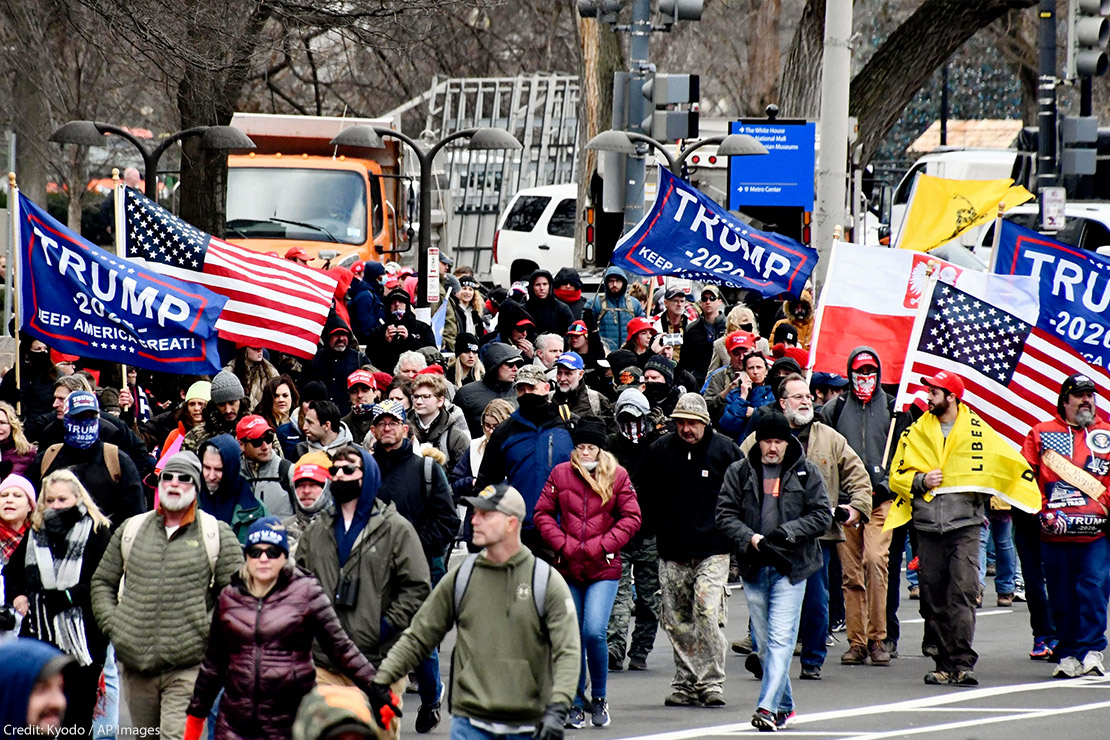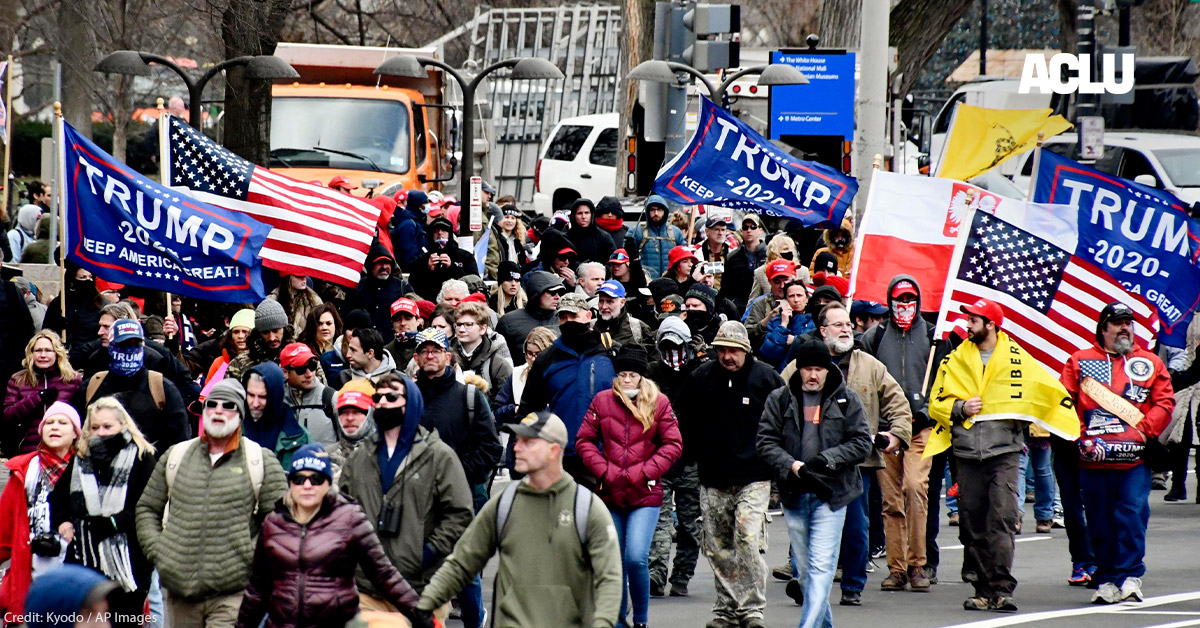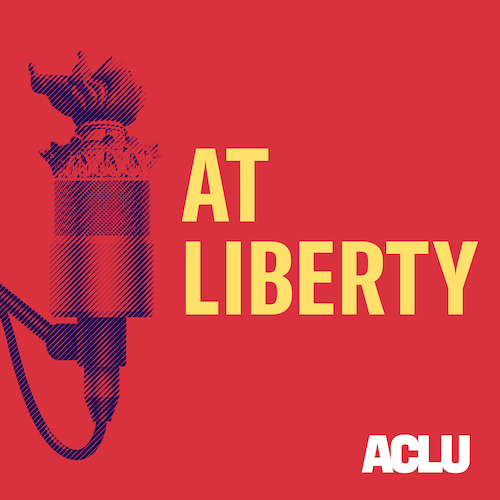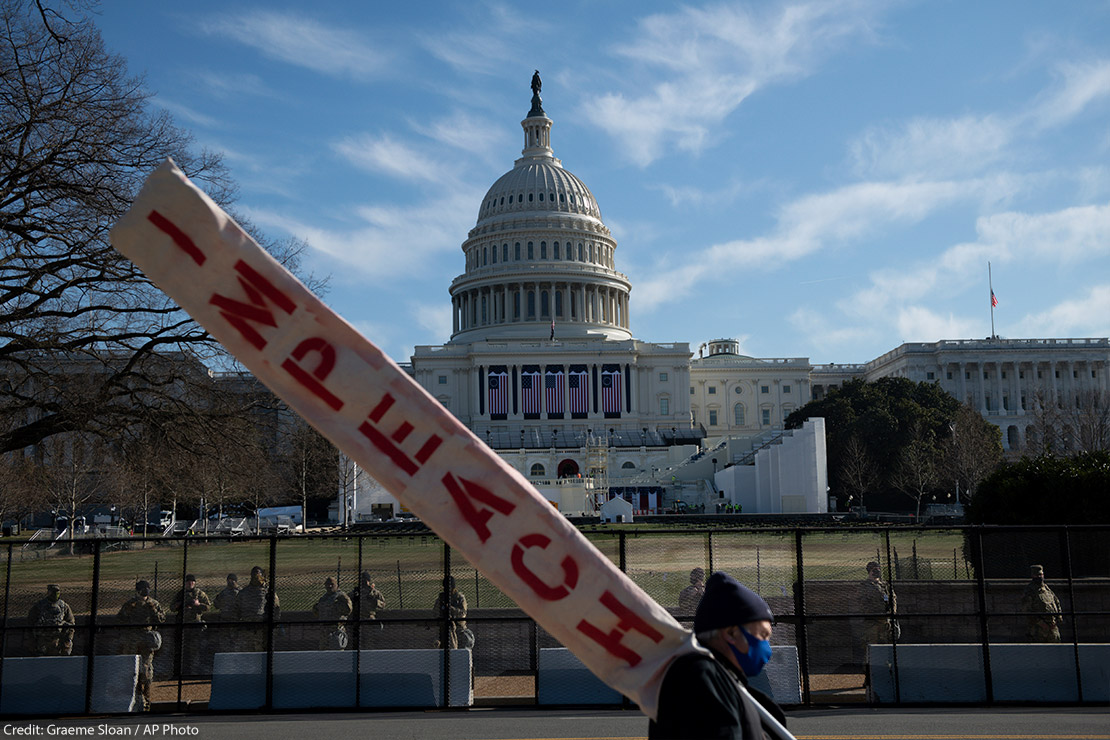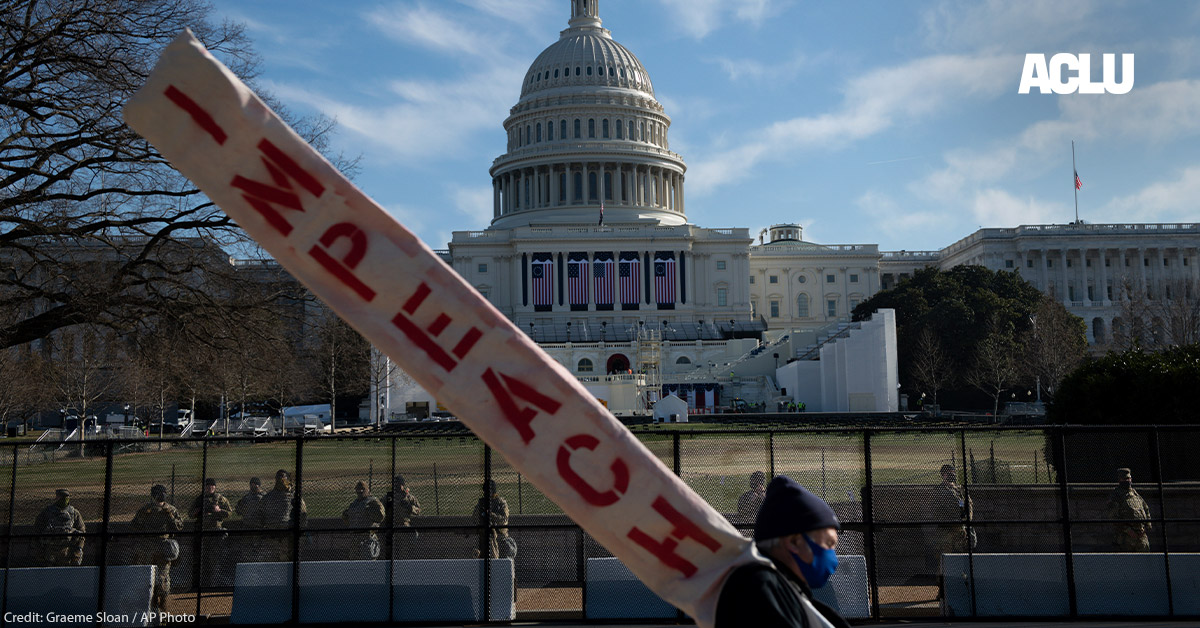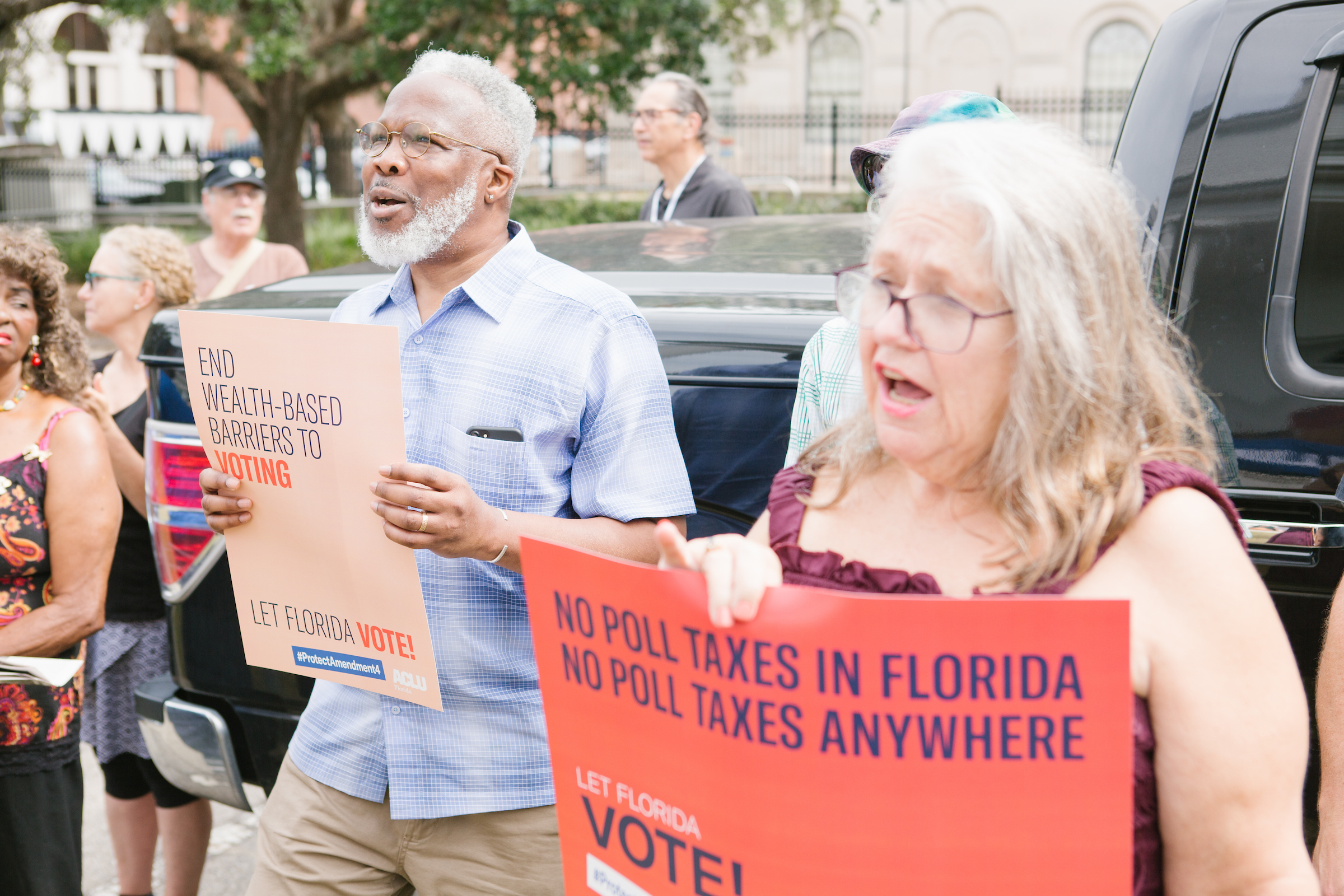The nation stands alert, anxious about armed actions planned for Jan. 17 and Jan. 20 to contest the election of Joe Biden and Kamala Harris. The FBI has warned of the potential for armed demonstrators targeting legislatures, and extremist groups have made their intentions clear on message boards.
Last week we witnessed an insurrection, with white supremacists storming our nation’s capital, some ready to take whatever actions they thought necessary to ensure their leader remained in power, despite decisive Electoral College and popular votes against him. The insurrectionists killed a police officer, brutally beat news reporters and other police officers, and chanted, “Hang Pence.” The Capitol was breached, leadership were rushed to secret secure locations, congressional offices were stormed, and bombs were planted outside the offices of the Democratic and Republican National Conventions. Many members of Congress and staff and those charged with securing their safety feared for their lives. After a long summer of protesting to affirm to the nation that Black Lives Matter, we saw the Confederate flag on parade in the U.S. Capitol.
As the nation steels itself for the threat of repeat performances across the country, some have asked what states can do to protect their people and representatives. In particular, can weapons be banned at protests? In the ACLU’s view, the answer is yes — so long as the ban is applied neutrally to all, without regard to the viewpoints of a march.
To be clear, what happened at the Capitol on Jan. 6 was not a protest, but a violent insurrection that left five dead and many more injured and endangered. Violence, true threats, and incitement have no place in the exchange of ideas and are not protected by the First Amendment.
But where the issue is a protest and one that is peaceful, can states nonetheless ban protesters from carrying guns? Yes.
The U.S. Supreme Court has held that the Second Amendment protects a right to possess a gun in one’s home, but that right is not absolute. As the Supreme Court stated, it is not a “right to keep and carry any weapon whatsoever in any manner whatsoever and for whatever purpose.” The Second Amendment permits “reasonable regulations” of arms. Indeed, the court was explicit that nothing in its opinion recognizing a right of individuals to bear arms “should be taken to cast doubt on … laws forbidding the carrying of firearms in sensitive places such as schools and government buildings.”
We have longstanding laws to keep guns out of sensitive places like government buildings and airports. Visitors can’t bring guns into the U.S. Capitol or the Supreme Court. In other jurisdictions, people can’t bring a gun to polling sites during voting. Police confiscate any weapons that revelers bring to the National Mall on the Fourth of July every year. The rationale for these constraints is clear: Guns create safety risks that the state has a right to regulate. While some regulations of the possession and use of guns raise Second Amendment concerns, a ban on carrying weapons at a protest does not.
The result is the same under the First Amendment. To be sure, openly carrying a gun can send a message, but the government has long had the power to set limits on the time, place, and manner of assemblies. Such restrictions need only be reasonable and content-neutral, meaning that they apply equally to all, regardless of ideology, political affiliation, or message. The government can limit the hours and volume of protests held outside hospitals or schools, for example — as long as the rule applies without regard to the content of the speech.
Similarly, a ban on guns is a reasonable time, place, and manner restriction on a protest — provided that it is applied uniformly to all protests and all protesters. It’s about safety, not expression.
Importantly, barring weapons at a protest doesn’t stop gun owners from speaking about any topic. It doesn’t stop speech in protest of the restriction, nor does it stop speech however odious or hateful. Those who seek to protest Donald Trump’s loss in the November election are free to do so — as long as they do so peacefully. And states and local governments also have the authority to bar weapons at protests.
Our right to speech is about words, not weapons.
Date
Friday, January 15, 2021 - 5:00pmFeatured image
